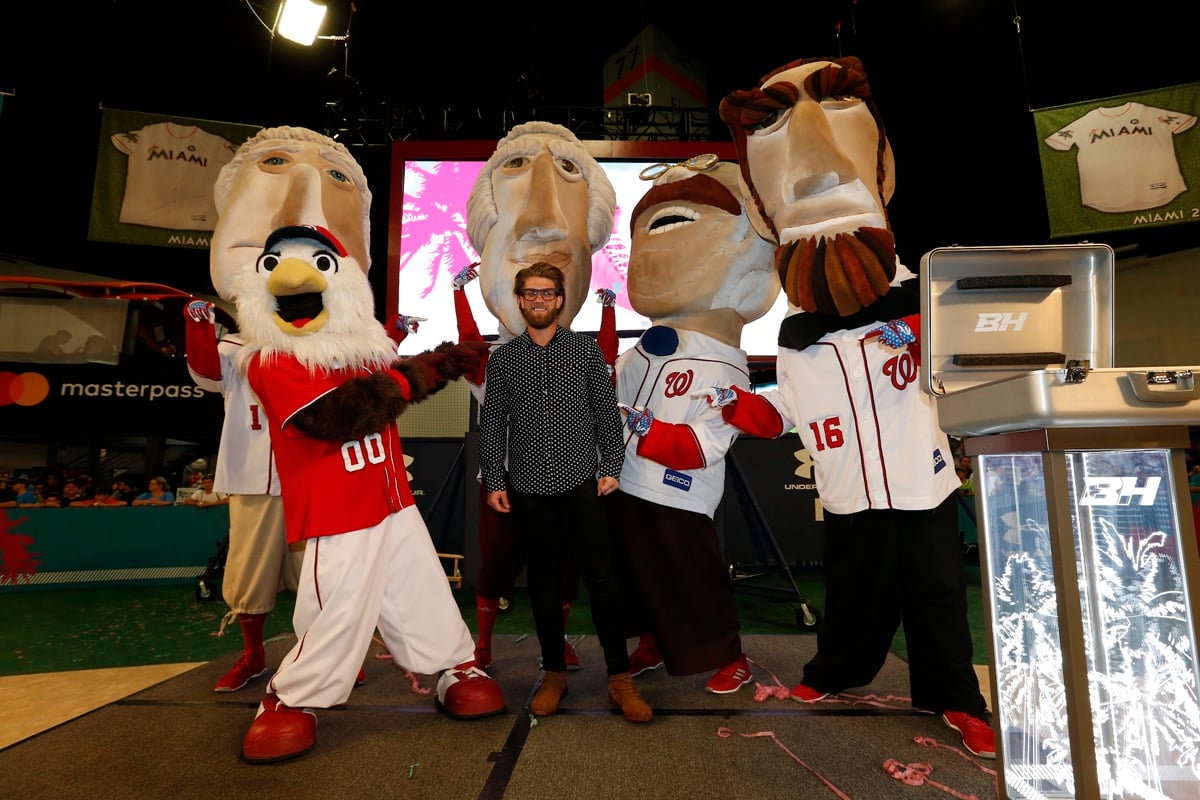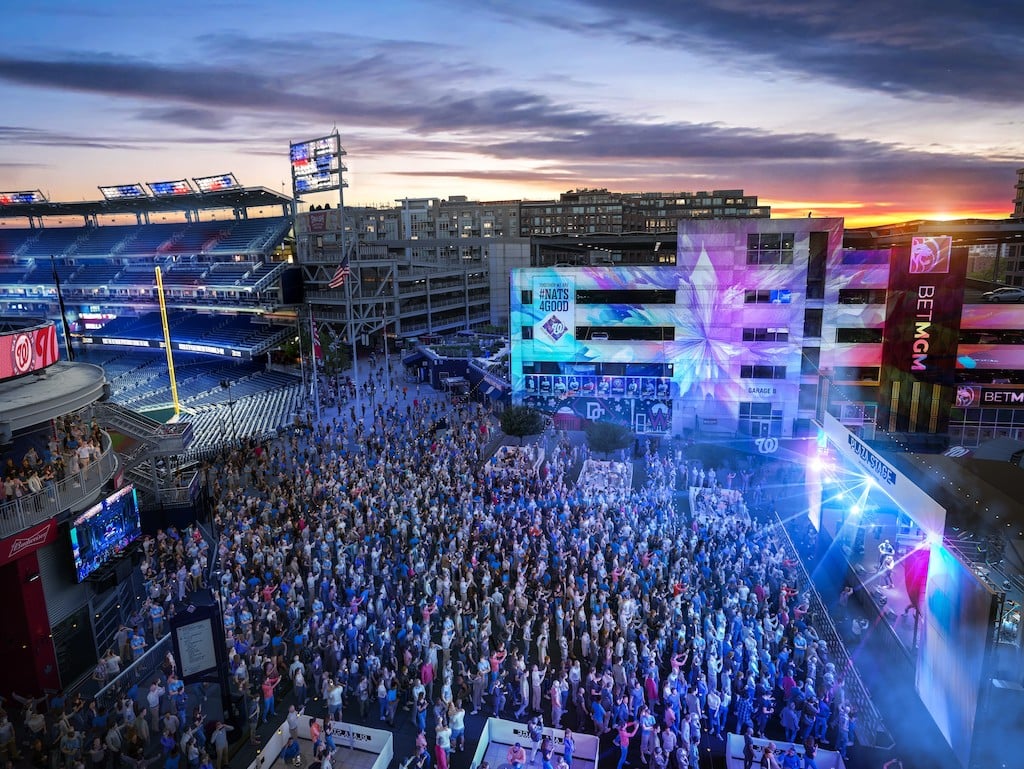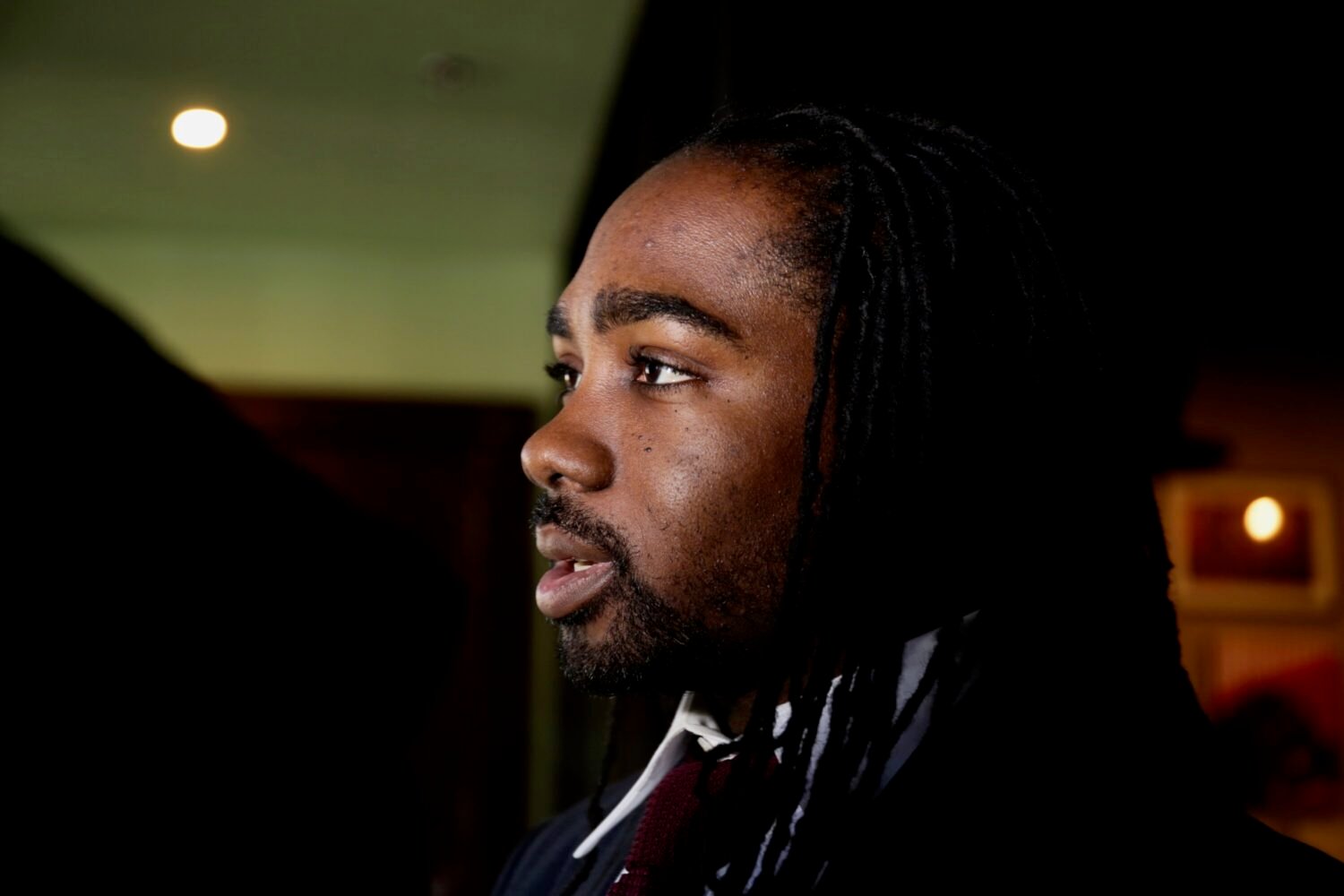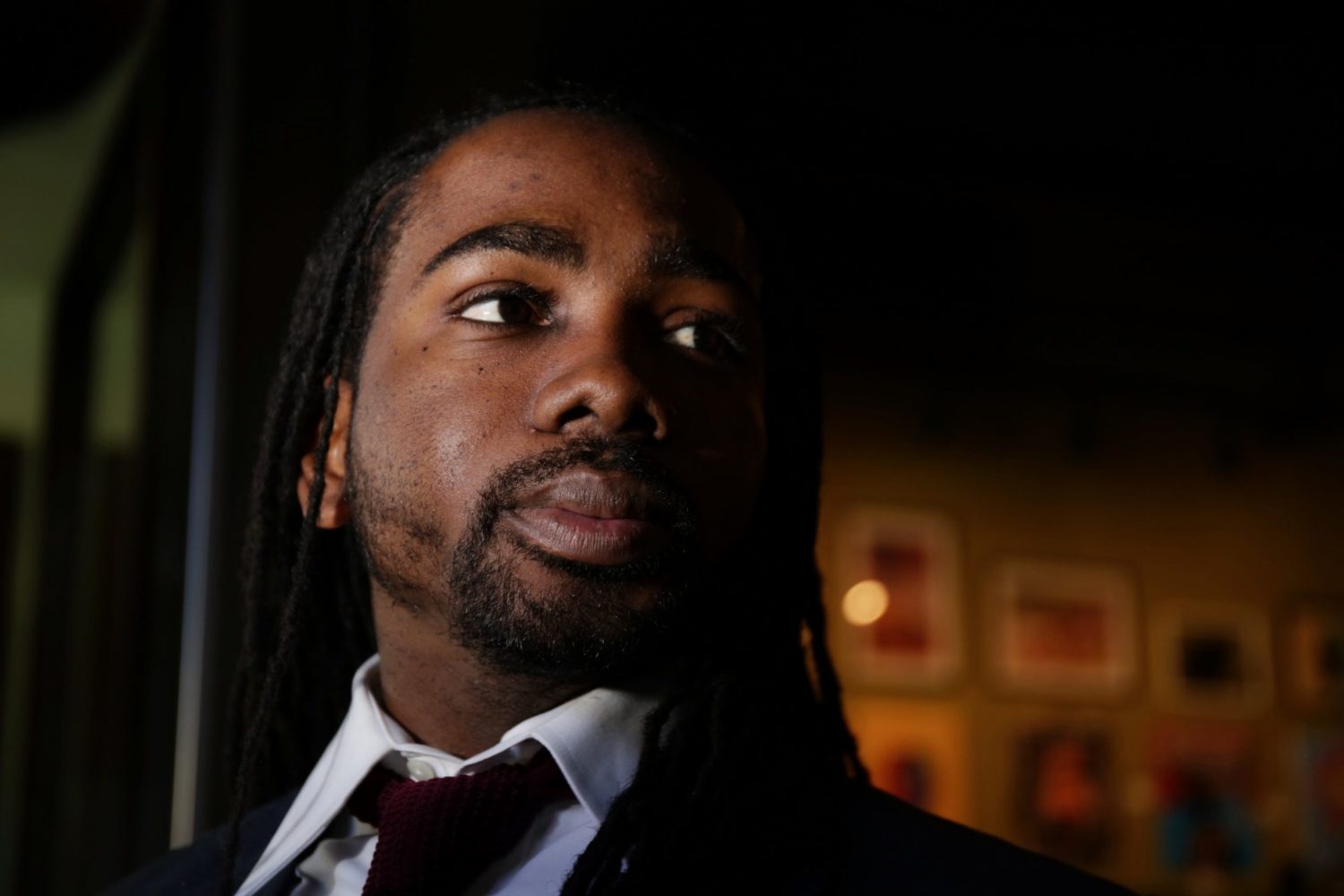The MLB All-Star Game is bringing lots of attention and revenue to DC, but unlike in many other cities, the players won’t be paying local taxes on the income they earn while they’re here. As Sean Packard recently explained on Forbes.com, DC is one of only a few major jurisdictions that doesn’t have a “jock tax” for non-residential athletes. Others include Texas, Tennessee, Florida, and Washington state.
The District of Columbia Home Rule Act, the same law that established the 13-seat DC Council, bars the city from receiving income tax from workers who don’t live here. According to Packard, the DC Council has unsuccessfully tried to pass a jock tax law multiple times, but Congress has repeatedly voted against it.
So how much revenue are we losing out on, exactly? I’m no tax attorney, so this is just a rough estimate, but I did my best to calculate how much each player on the All-Star roster would be taxed if the law were different. I didn’t count Washington Nationals representatives Bryce Harper, Sean Doolittle, and Max Scherzer, who presumably already pay local taxes.
To determine this hypothetical tax liability, I applied a formula Forbes and others have used to show how states have implemented the jock tax in the past:
(Days In State ÷ Games in a Season) x Yearly Salary x State Income Tax = Jock Tax
So for each player on the MLB All-Star Game roster, this looks like:
Two (the number of days of All-Star Week events—I didn’t factor in any possible additional days in town) divided by 162 (the number of games in a season) multiplied by a player’s yearly salary, multiplied by .0895 (the location’s top income tax, or 8.95% in DC). I then added up each team and got:
NL total: $346,802
AL total: $371,228
Which adds up to an estimated $718,030 that could have gone into DC’s coffers.
Send all helpful statistical corrections/analysis to elwilliams@washingtonian.com



















